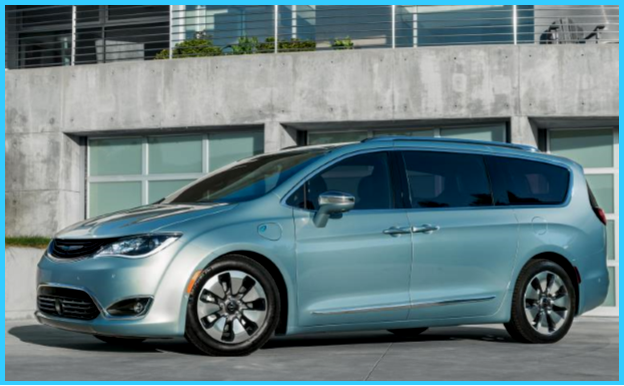 The Google autonomous driving project and FCA will use 2017 Chrysler Pacifica Hybrid minivans to expand the existing test program. This is the first time that Google has worked directly with an automaker to integrate its sensors and software into an automaker’s production vehicle.
The Google autonomous driving project and FCA will use 2017 Chrysler Pacifica Hybrid minivans to expand the existing test program. This is the first time that Google has worked directly with an automaker to integrate its sensors and software into an automaker’s production vehicle.
“FCA has a nimble and experienced engineering team and the Chrysler Pacifica Hybrid minivan is well-suited for Google’s self-driving technology,” said John Krafcik, Chief Executive Officer, Google Self-Driving Car Project.
The Chrysler Pacifica Hybrid minivans will be used later this year, more than doubling Google’s current fleet of test vehicles. Engineering responsibilities will be shared based on each company’s expertise. FCA will initially design and engineer around 100 vehicles built for Google. Google will integrate the sensors and computers needed to navigate roads autonomously.
Both companies will co-locate part of their engineering teams at a facility in southeastern Michigan. The goal is to accelerate the design, testing and manufacturing of the autonomous driving Chrysler Pacifica.
About the Google Car Project
The so-called Google Self-Driving Car Project is working to develop vehicles that have the potential to make roads safer and increase mobility for the millions of people who cannot drive. The ultimate goal is to help people get from A to B at the push of a button. During the project’s seven year history, the vehicles in the test fleet have self-driven more than 1.5 million miles on public roads. They are currently being tested in Mountain View, CA, Austin, TX, Kirkland, WA, and Phoenix, AZ.
“The Google Self-Driving Car Project is part of X, a moonshot factory that’s part of Google’s parent company Alphabet,” says Google.

